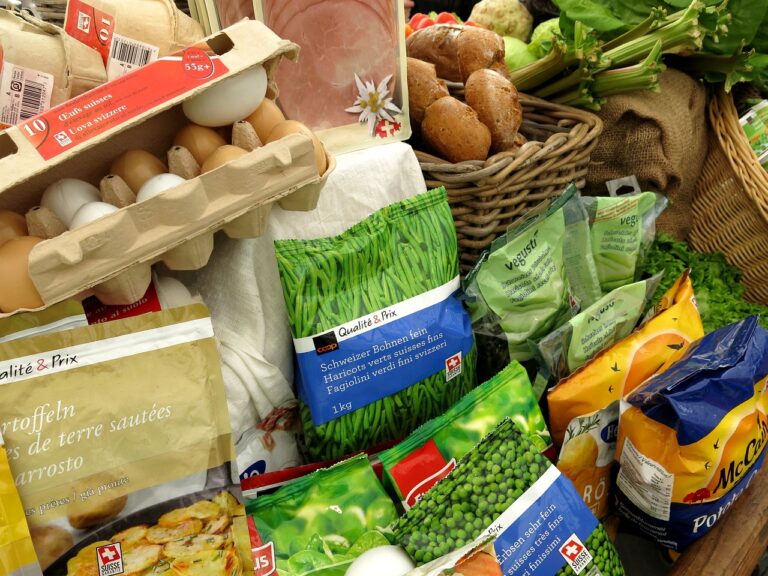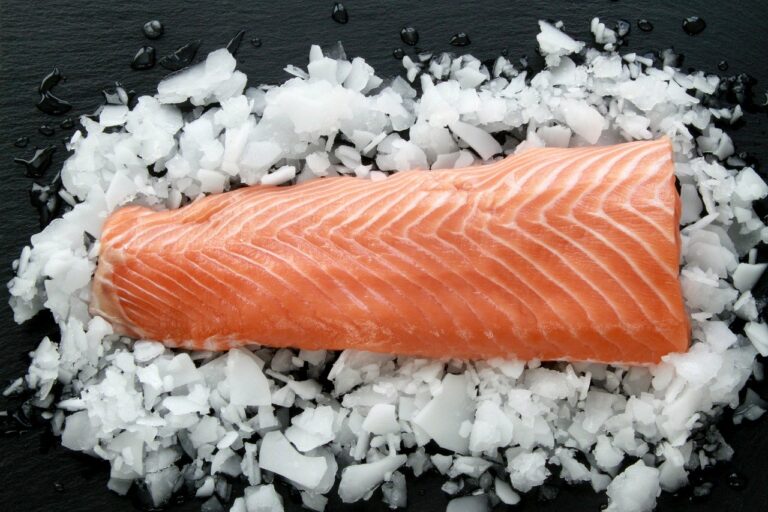Understanding the Role of Vitamin C in Pet Food for Immune Health: World7.com, Mahadev app login, Silverexch login
world7.com, mahadev app login, silverexch login: When it comes to keeping your furry friends healthy, providing them with the proper nutrition is key. Just like humans, pets need certain vitamins and nutrients to support their immune system and overall well-being. One essential nutrient that plays a crucial role in pet food is Vitamin C.
So, what exactly is Vitamin C and why is it important for your pet’s immune health? Let’s dive into the details and understand how Vitamin C can benefit your furry companions.
What is Vitamin C?
Vitamin C, also known as ascorbic acid, is a water-soluble vitamin that is essential for overall health. It is a powerful antioxidant that helps protect cells from damage caused by free radicals and plays a key role in supporting the immune system. While humans can produce Vitamin C in their bodies, dogs and cats are unable to synthesize it on their own, making it crucial to include in their diet.
The Role of Vitamin C in Pet Food
Vitamin C plays a crucial role in maintaining your pet’s immune health. It helps in the production of white blood cells, which are responsible for fighting off infections and diseases. Vitamin C also helps in the production of collagen, a protein that is essential for healthy skin, joints, and connective tissues.
Additionally, Vitamin C helps in the absorption of other nutrients, such as iron, which is important for oxygen transport in the body. It also aids in the synthesis of neurotransmitters, such as dopamine and serotonin, which play a role in mood and behavior.
Including Vitamin C in your pet’s diet can help support their immune system, improve their overall health, and prevent deficiencies that can lead to various health issues.
Sources of Vitamin C in Pet Food
There are several sources of Vitamin C that can be included in your pet’s diet. Some common sources include:
– Fruits such as oranges, strawberries, and kiwi
– Vegetables such as broccoli, spinach, and bell peppers
– Fortified pet foods and supplements
It is important to consult with your veterinarian before adding any supplements to your pet’s diet to ensure they are getting the proper amount of Vitamin C without any negative effects.
FAQs
1. How much Vitamin C does my pet need?
The recommended daily allowance of Vitamin C for pets can vary depending on their size, age, and overall health. It is best to consult with your veterinarian to determine the right amount of Vitamin C for your furry friend.
2. Can my pet overdose on Vitamin C?
While Vitamin C is water-soluble and excess amounts are usually excreted in the urine, high doses can lead to gastrointestinal upset in pets. It is important to follow your veterinarian’s recommendations and not exceed the recommended dosage.
3. Are there any risks associated with Vitamin C supplementation?
In general, Vitamin C supplementation is considered safe for pets. However, certain pets with underlying health conditions, such as kidney disease, may need to avoid high doses of Vitamin C. It is always best to consult with your veterinarian before adding any supplements to your pet’s diet.
In conclusion, Vitamin C plays a crucial role in supporting your pet’s immune health and overall well-being. By including Vitamin C-rich foods in their diet or providing them with supplements, you can help ensure that your furry companions stay healthy and happy. Remember to always consult with your veterinarian before making any changes to your pet’s diet to ensure they are getting the proper nutrition they need.







